Why are so many women in their 30s turning to counselling
It's being called our therapy years – but can counselling help during lockdown? Lizzy Dening talks to seven woman about their experiences
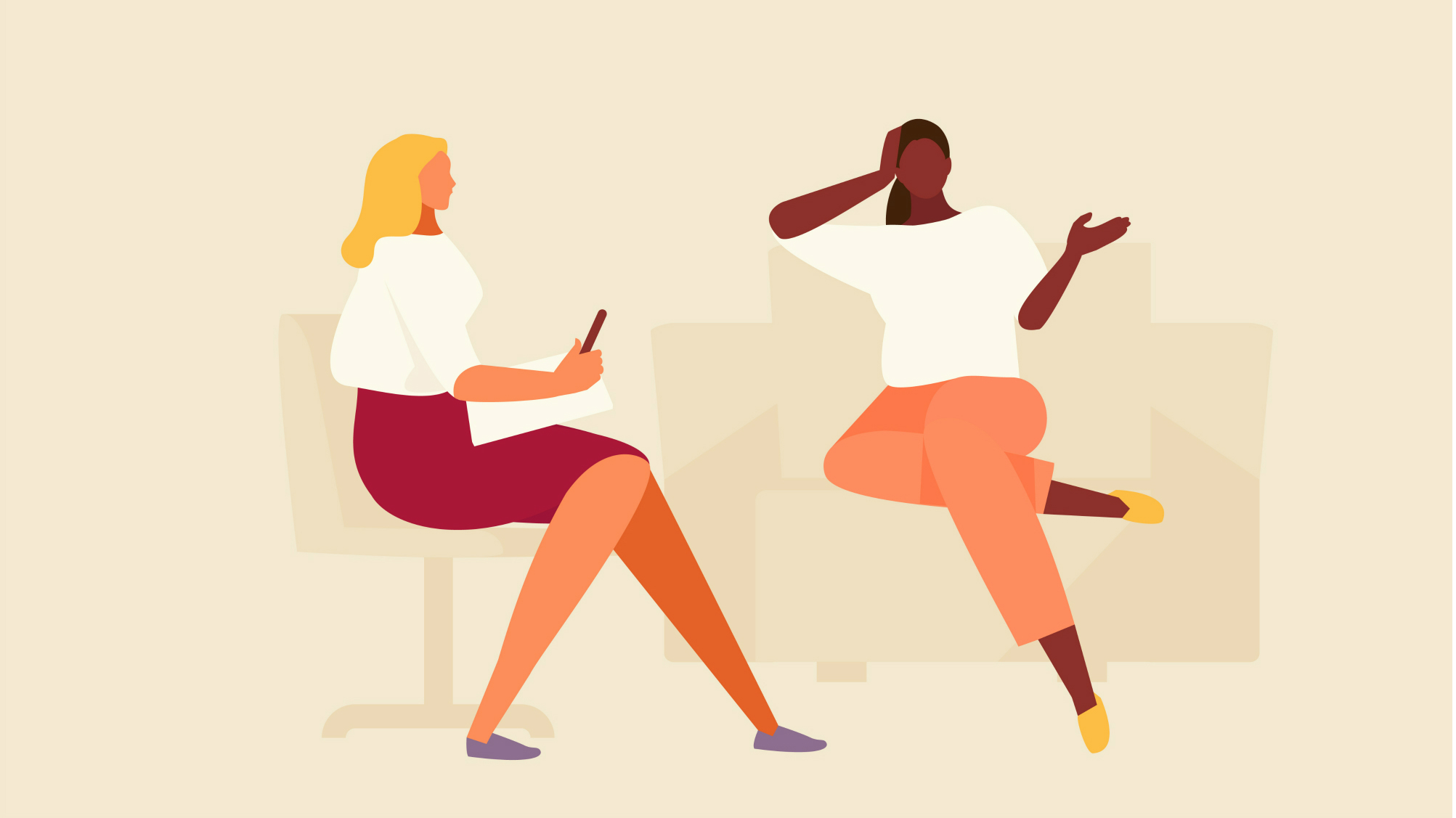

It's being called our therapy years – but can counselling help during lockdown? Lizzy Dening talks to seven woman about their experiences
One of the many inconveniences of lockdown has been ending my fortnightly therapy sessions. My therapist, Sally, and I had been making good progress in various areas – namely processing a period of family illness, and also helping to offload some of the traumatic stories I hear through my project Survivor Stories which involves interviewing survivors of sexual violence.
But lockdown has changed things. While I could opt to continue my sessions virtually, I feel quite differently about opening up my psyche for a delve under the bonnet in what’s already a stressful time – and that’s without mentioning the anxiety of my (self-employed) finances at the moment.
That’s my personal choice, but for many, virtual or phone therapy can be a great solution – and there was already a growing demand for it pre-lockdown. Being able to access therapy for less, either one to one or via an app, was set to be a massive trend for 2020 (if only we’d invested!) Virtual therapy is often cheaper than IRL, and many people enjoy being in the comfort of their own homes (although the opposite can also be true).
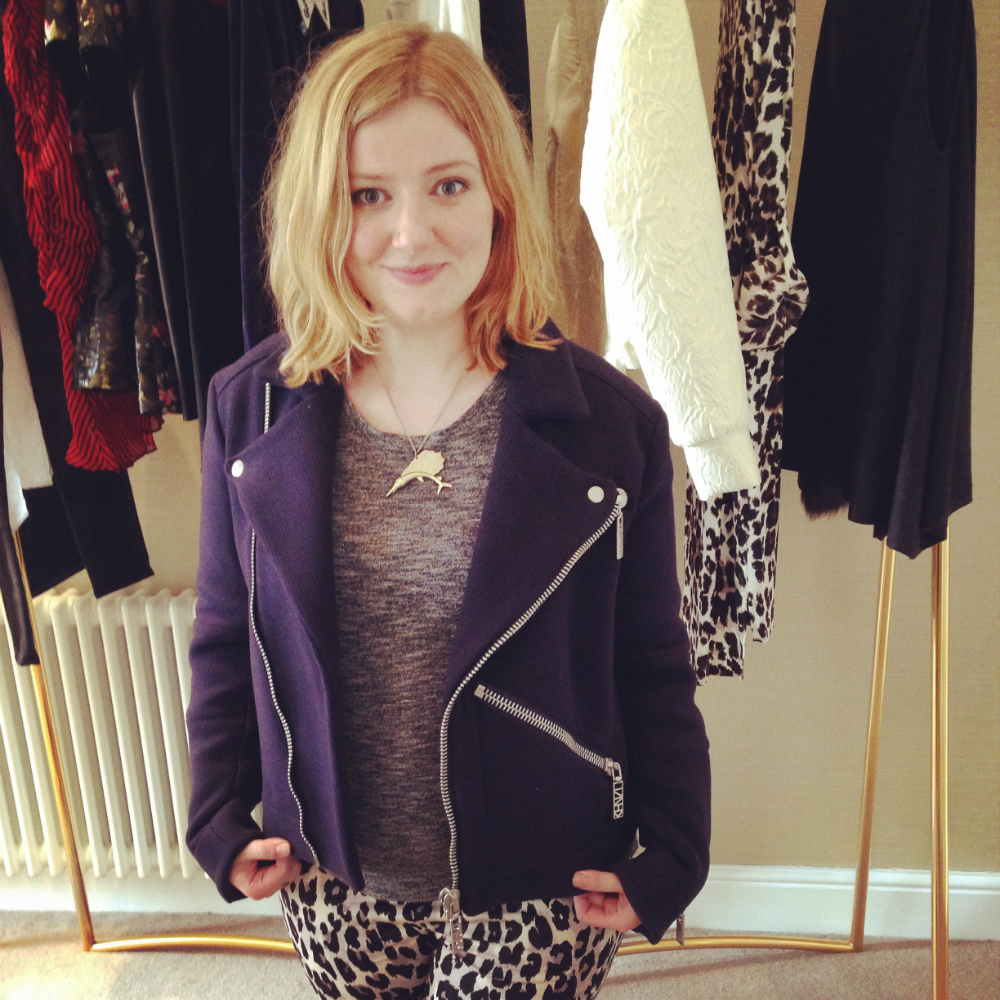
There are also specific challenges to lockdown therapy – if you’re sure you’re happy to stir up deep-rooted emotions during an already tough time, you still need the physical (and mental) space to take a session. Naturally, this means that many parents are unable to continue at present.
Then there’s the weirdness of video itself – it can feel unnatural to be staring into your therapist’s face for an hour, when you usually cast your eyes around a room, or look down at your lap. And obviously it’s best to minimise your self-video, because there’s nothing more off-putting that your own face. But it can also provide a vital lifeline for those who are struggling to adjust.
It was around the start of last year that I suddenly realised – most of my friends were having therapy of some kind. It must be something about hitting our 30s that’s seen practically everyone I know seeking professional help. From grief to depression, anxiety, or marital problems, everyone’s reasons were different, but our chosen remedy was the same.
Marie Claire Newsletter
Celebrity news, beauty, fashion advice, and fascinating features, delivered straight to your inbox!
And, despite the limitations on the way in which therapy can be delivered currently, it’s likely that lockdown is driving demand. A recent study from the ONS has shown that almost half (48%) of adults feel their wellbeing is being affected, and 21% are feeling the strain on their relationships. (Frankly I’m staggered that so many are feeling a-ok).
A study from the BMJ found that talking therapies were as effective in treating depression as anti-depressants*, although, as I’m sure most GPs would agree, in an ideal world patients would have both as an option. Waiting lists for NHS counselling can often mean that this isn’t a viable option for those with severe depression, but hopefully advances in the availability of online therapy – sure to be buoyed up by lockdown developments – will help to reduce these.
Women are more prone to anxiety disorders, phobias and depression than men, according to Counselling Directory. Meanwhile, demand for the service is on the rise, with 32,000 more people referred for talking therapies in 2017 than the previous year. Of course, I’m not suggesting that the majority of men wouldn’t also benefit from professional help – but it seems women are more likely to address their mental health concerns with counselling.
After hearing from a fourth friend about her counselling, I started, as Jonathan Van Ness would say, ‘getting curious’ about why so women of a similar age were seeking help – asking both friends and other women online about what prompted their first visit.
Why we're in therapy
'I was struggling with the break down of a nine-year relationship, and a friend suggested I went, as I hadn't been coping very well,' says Rachel*.
'I was really struggling with anxiety that was affecting me every day and felt like things had got so bad I didn't want to keep burdening those close to me with all of this emotion that I couldn't control, when they didn't have the answers either,' says Claire*.
'The bereavement team at the hospice where my mum died (LOROS in Leicester, an incredible place) told me about the counselling they offer to families after someone dies under their care. I had no idea how I was going to manage after she died, so I was happy to take any help I could get,' says Jen Parker.
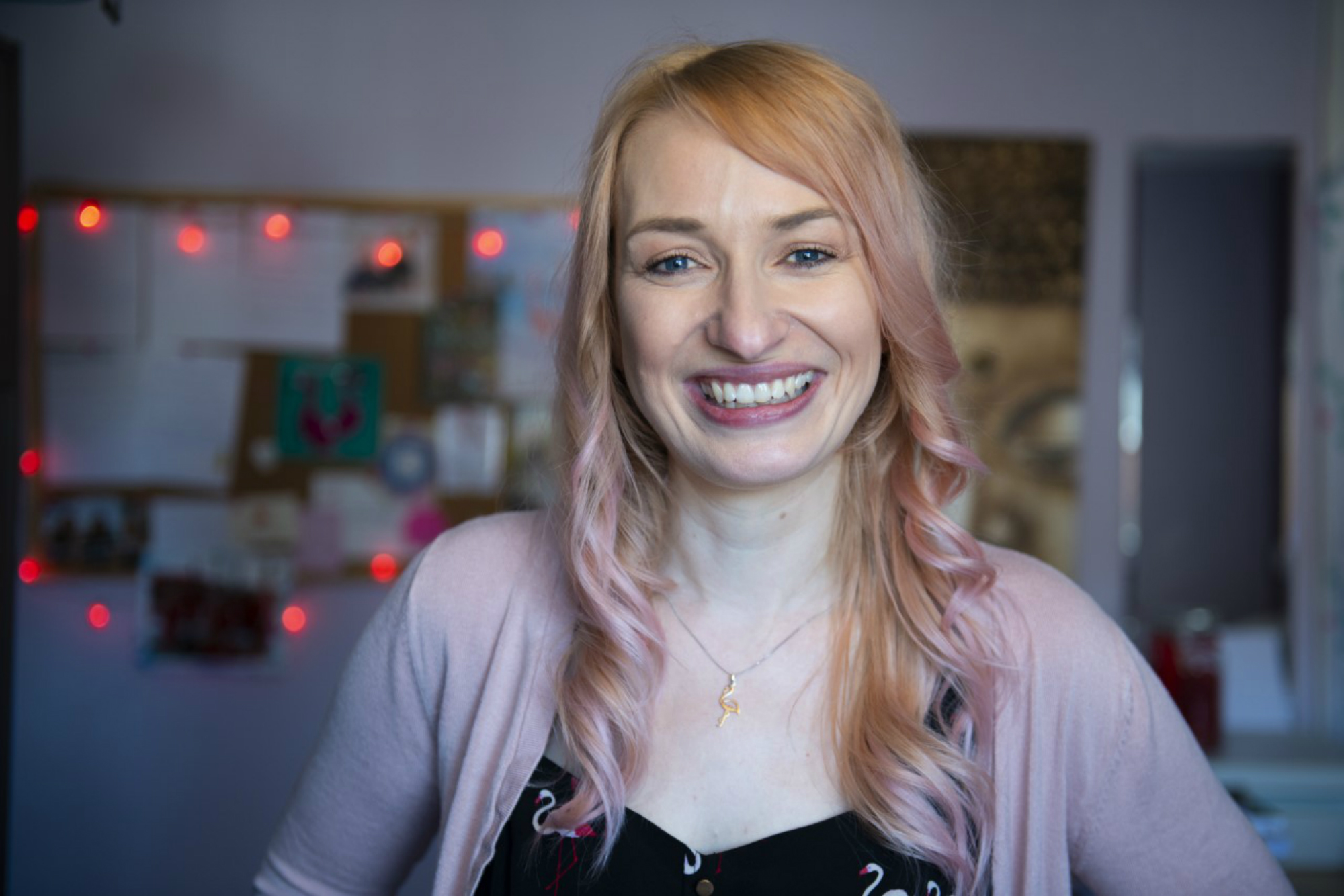
'I decided to opt for therapy after months of soul searching just didn’t seem to be getting me anywhere. Husband of four years (together 12 years with two kids) admitted to an affair in Feb 2019,' says Caroline*. 'I actually thought no one went to counselling, and then as I started, I actually found out lots of my friend go, they just don’t talk about it.'
'I had therapy for a long time (and still do on and off) following an abusive relationship. It was completely instrumental in me putting my life back together,' says Sophie Medlin.
Counselling is often a slow, challenging process, albeit one that many of us have found to work.
'I've realised I really don't talk about the emotional side of what happened, and I haven't spoken to many people at all about just how horrible the last few weeks of mum's illness was in detail,' says designer Jennifer, founder of Fuzzy Flamingo. It's an emotional process to go through, and the sessions are exhausting, but I really do feel like it's helping me to live my life to the full despite missing her. She'd hate it if she thought I wasn't doing things because of her, so I'm striving to make the best of everything. And I've decided to celebrate her birthday in September by doing a bridge abseil in her memory to raise money for LOROS.'
'Initially I felt stupid going and sitting in a chair talking to a woman and crying at her,' says Katy, who also went to counselling after bereavement. 'But eventually after a few sessions, I wasn’t spending so much of the time crying, and was actually listening to her and starting to believe that it wasn’t my fault, she really did understand, and that it’s good to let it out sometimes instead of bottling it all up.'
'Before I had therapy, I was still blaming myself for the abuse and was still seeing my ex partner because I was unable to accept that our life together had been a lie,' says Sophie, director of City Dietitians. 'After a few months of therapy I was able to see the abuse for what it was and I stopped blaming myself. I was able to see that I had other options and that I didn’t need my ex partner for anything. I realised that I was the solution to my own problems.'
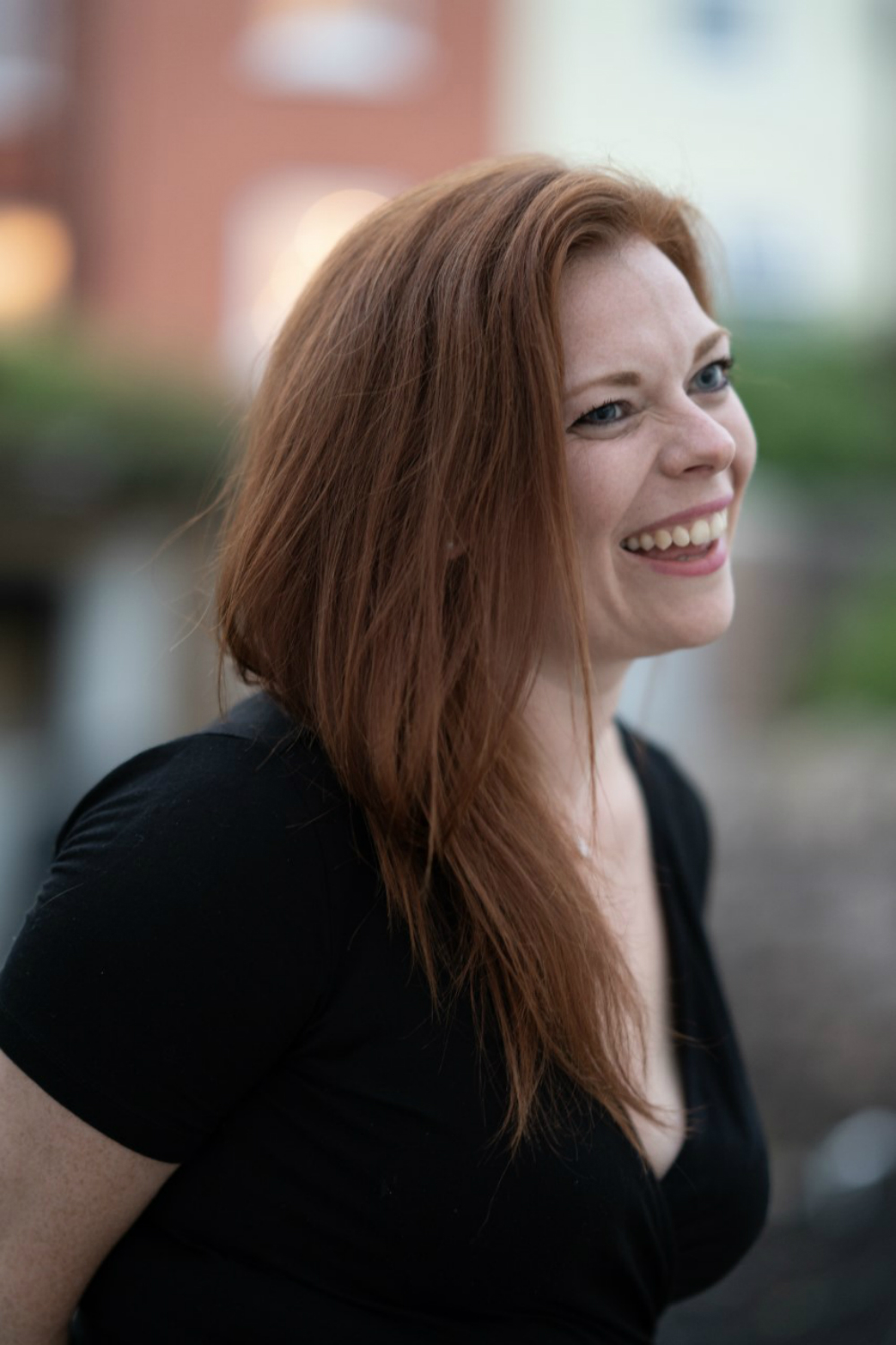
'There is an instant release of being able to be 100% open and free with someone,' says Jette Virdi, founder of ilolove.com 'While I can talk to friends and family there is the underlying thought of being judged. In that room I can say whatever I need to, express any emotion I need to and it's ok. Most people view therapy as something to do when there's something wrong. But I don't see it as the last stop. I see it as a way to keep relationships - with myself and others, on track and doing well. I can't do that by myself, I need help to look inwards and analyse, discuss, understand, and I believe we could all benefit from that.'
'I would absolutely recommend it,' says Claire. 'I've become one of those awful people who starts sentences with 'My therapist says...' and encourages everyone I know to go.'
When therapy doesn't work
But, as with any treatment, it’s not right for everyone.'For me it just wasn’t working. It obviously makes you feel extremely exposed,' says Caroline. 'I didn’t like admitting things to my counsellor, and I felt like I’m using her as a neutral person to just ‘sound off’ to as I have used up all my family and friends who really don’t have any answers for me anymore. I have found time, and a little self- care helped me much more.'
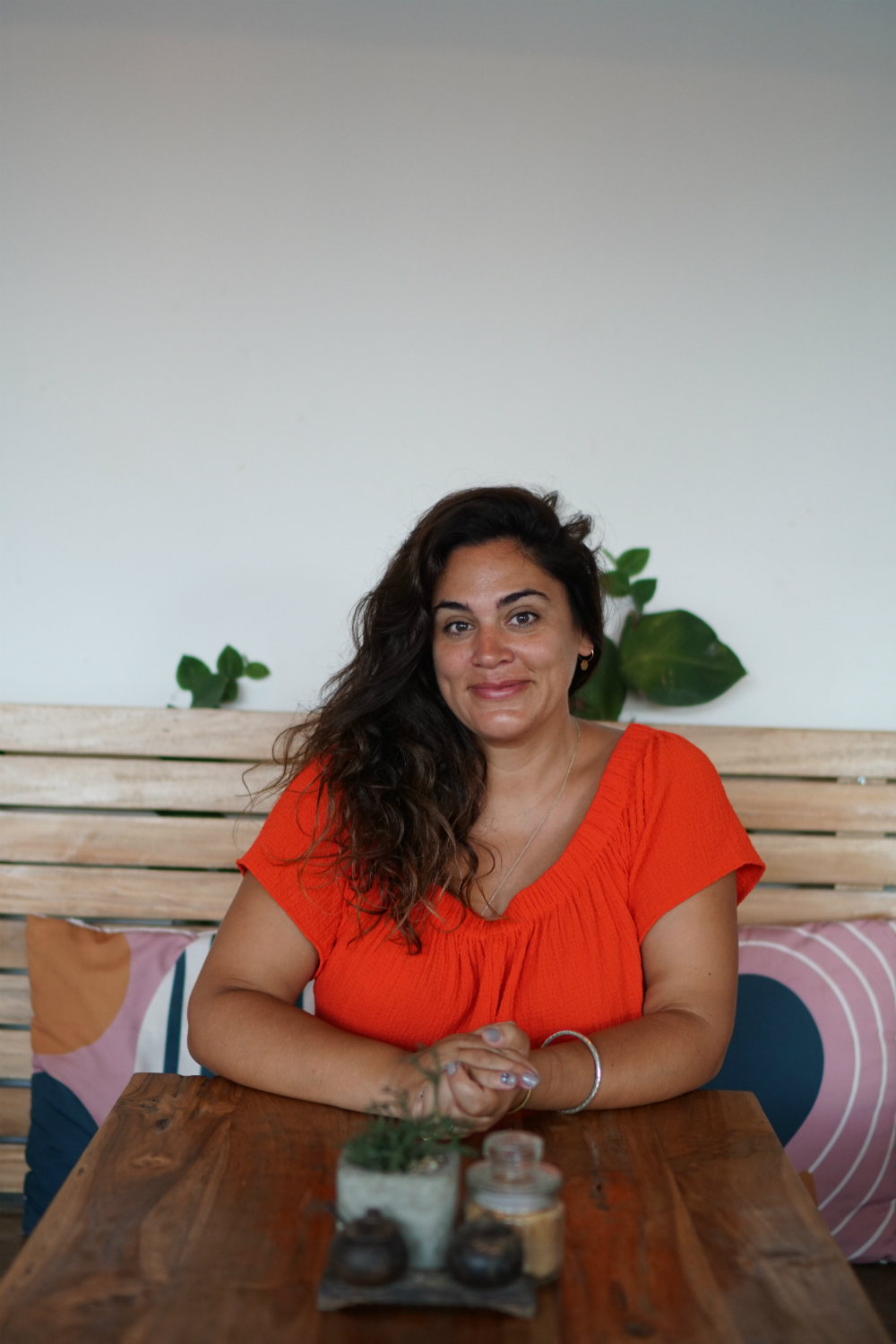
'I am very fortunate to have a close group of friends and incredibly supportive family, who were very good as sounding boards without providing judgement or too much bias. In all honesty, I found a chat with one of my best friends who had gone through something similar almost one of the best forms of therapy,' says Rachel, who has also found counselling to be a mixed bag. 'I think ultimately, yes, I would recommend therapy, but finding the right person to see is tricky and it would be worth shopping around (as it were) for the person that suits you best.'
For every friend who’s dropped down their sessions, I have another who’s gone back to their therapist after a break to help process lockdown emotions. Of course, many of us – even those who haven’t previously experienced depression or anxiety – are struggling during lockdown, and therapy can be an excellent tool for calming those emotions.
* Find a therapist to suit you at findatherapist.co.uk * Contact Samaritans on 116 123 if you need someone to talk to (it’s free and confidential) * Mind on 0300 123 3393 to find more information on where to get help near you.
Maria Coole is a contributing editor on Marie Claire.
Hello Marie Claire readers – you have reached your daily destination. I really hope you’re enjoying our reads and I'm very interested to know what you shared, liked and didn’t like (gah, it happens) by emailing me at: maria.coole@freelance.ti-media.com
But if you fancy finding out who you’re venting to then let me tell you I’m the one on the team that remembers the Spice Girls the first time round. I confidently predicted they’d be a one-hit wonder in the pages of Bliss magazine where I was deputy editor through the second half of the 90s. Having soundly killed any career ambitions in music journalism I’ve managed to keep myself in glow-boosting moisturisers and theatre tickets with a centuries-spanning career in journalism.
Yes, predating t’internet, when 'I’ll fax you' was grunted down a phone with a cord attached to it; when Glastonbury was still accessible by casually going under or over a flimsy fence; when gatecrashing a Foo Fighters aftershow party was easy-peasy-lemon-squeezy and tapping Dave Grohl on the shoulder was... oh sorry I like to ramble.
Originally born and bred in that there Welsh seaside town kindly given a new lease of life by Gavin & Stacey, I started out as a junior writer for the Girl Guides and eventually earned enough Brownie points to move on and have a blast as deputy editor of Bliss, New Woman and editor of People newspaper magazine. I was on the launch team of Look in 2007 - where I stuck around as deputy editor and acting editor for almost ten years - shaping a magazine and website at the forefront of body positivity, mental wellbeing and empowering features. More recently, I’ve been Closer executive editor, assistant editor at the Financial Times’s How To Spend It (yes thanks, no probs with that life skill) and now I’m making my inner fangirl’s dream come true by working on this agenda-setting brand, the one that inspired me to become a journalist when Marie Claire launched back in 1988.
I’m a theatre addict, lover of Marvel franchises, most hard cheeses, all types of trees, half-price Itsu, cats, Dr Who, cherry tomatoes, Curly-Wurly, cats, blueberries, cats, boiled eggs, cats, maxi dresses, cats, Adidas shelltops, cats and their kittens. I’ve never knowingly operated any household white goods and once served Ripples as a main course. And finally, always remember what the late great Nora Ephron said, ‘Everything is copy.’
-
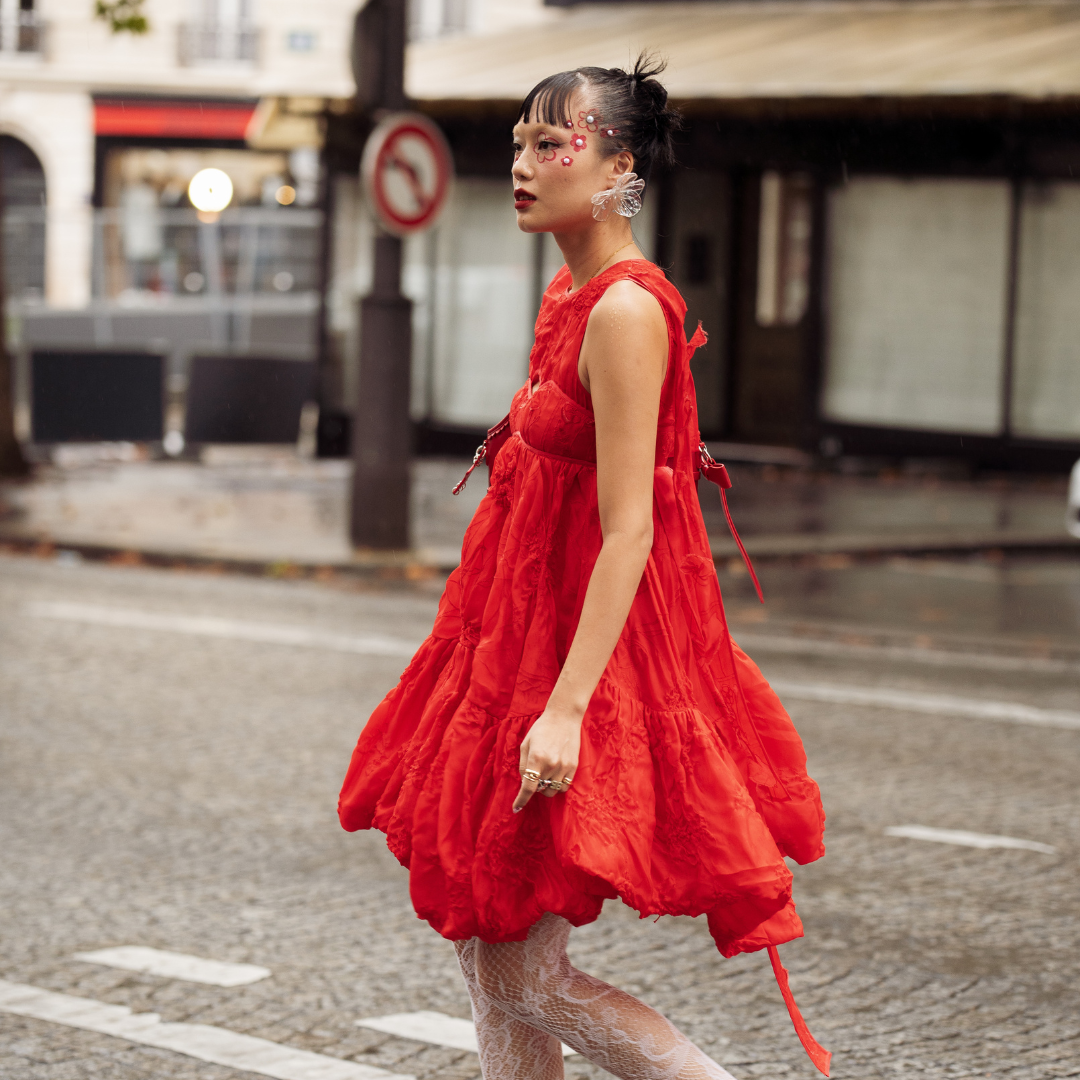 This divisive Nineties trend just got a high-fashion makeover
This divisive Nineties trend just got a high-fashion makeoverAll the cool girls are wearing babydoll dresses again
By Sofia Piza
-
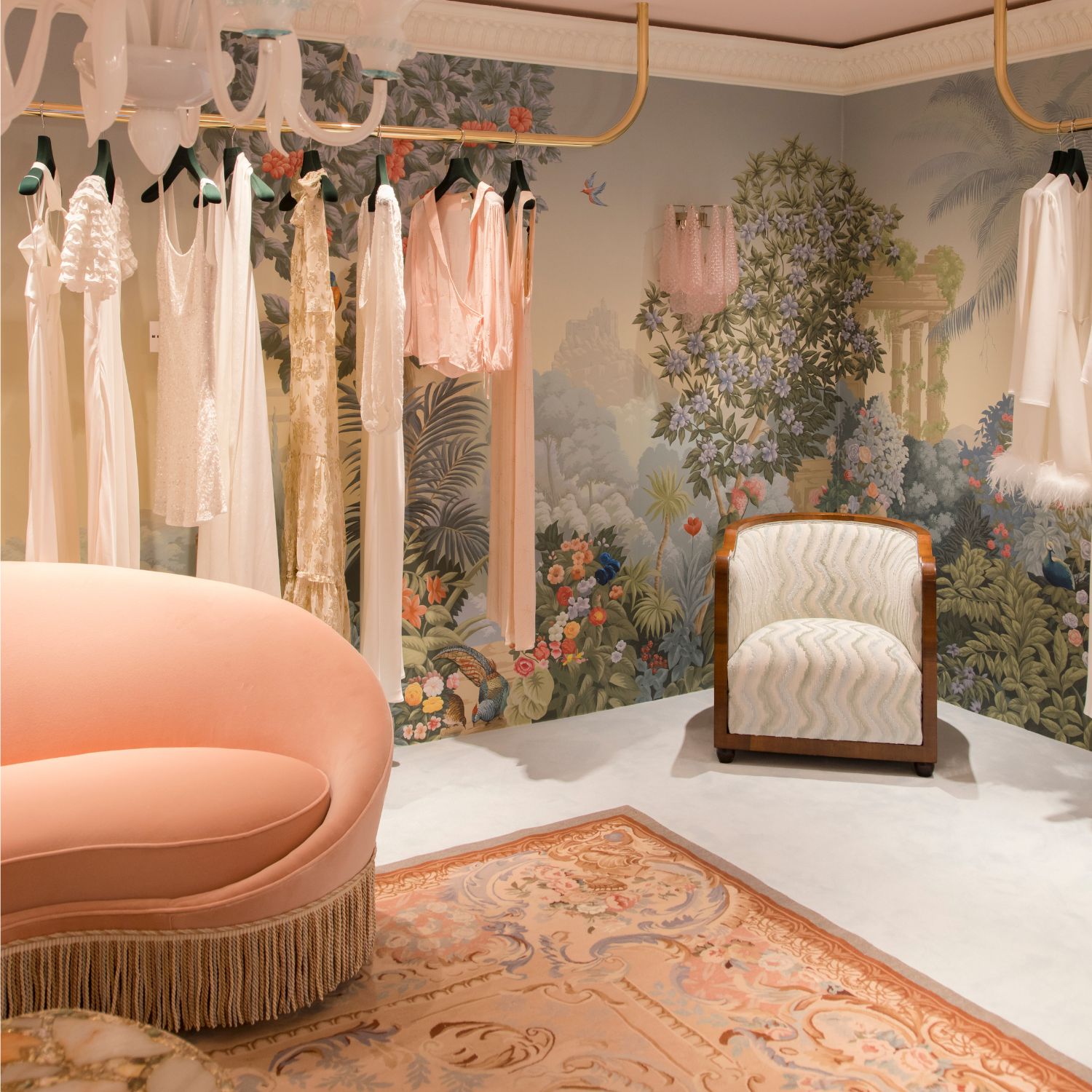 These are without a doubt the best wedding dress shops in London
These are without a doubt the best wedding dress shops in LondonThe search for your dream bridal look is over
By Jazzria Harris
-
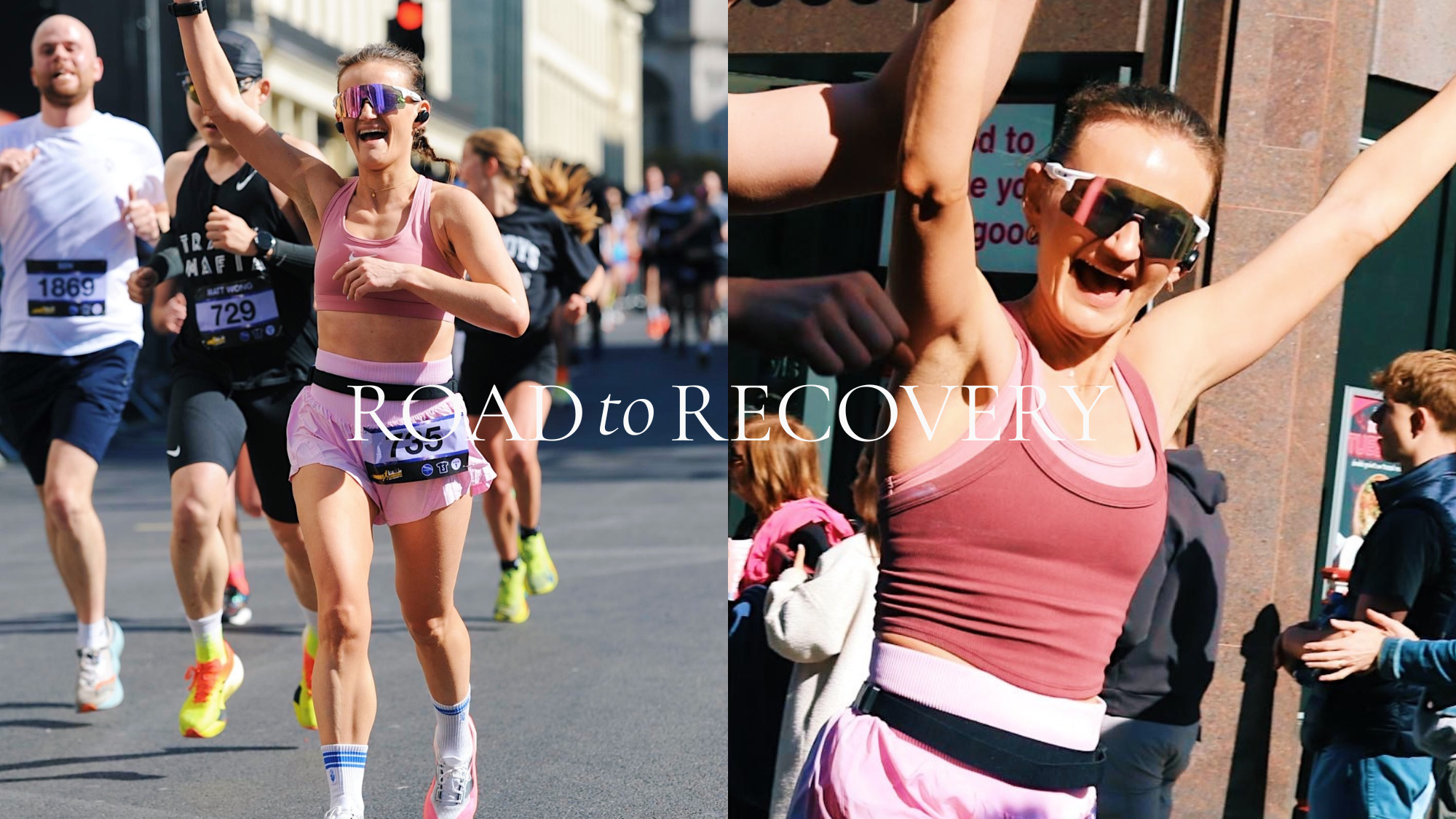 Road To Recovery: I won't be making the London Marathon start line. But that doesn't mean the dream is dead
Road To Recovery: I won't be making the London Marathon start line. But that doesn't mean the dream is deadThis year’s mood? Patience, persistence and the power of a keep-on-keeping-on-attitude.
By Ally Head